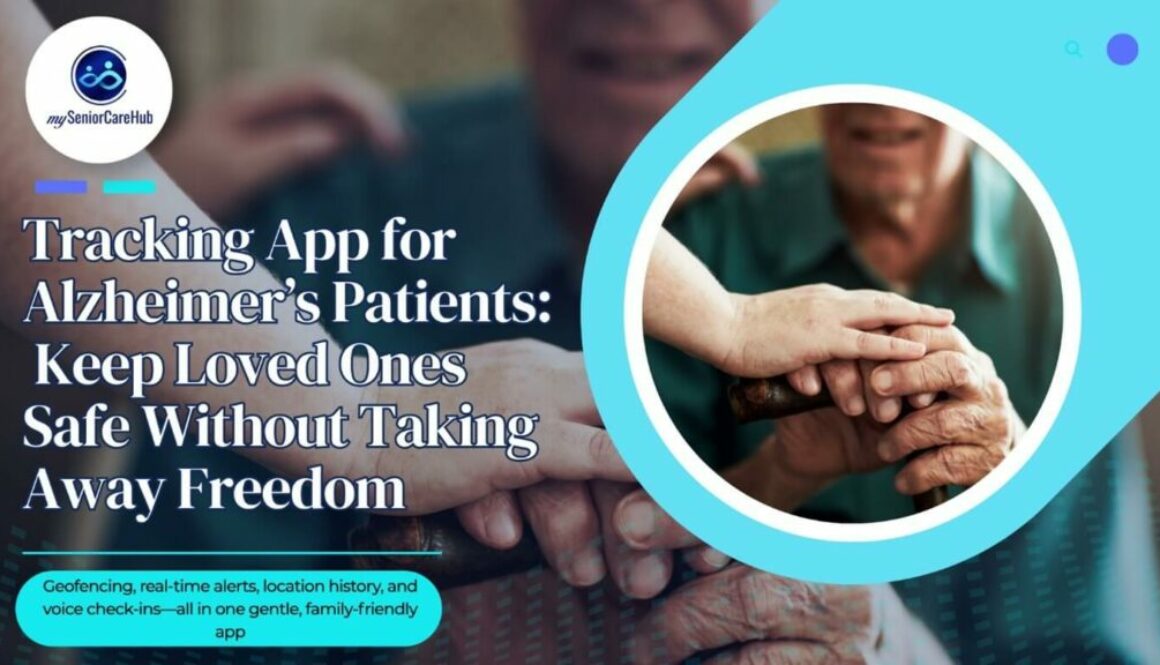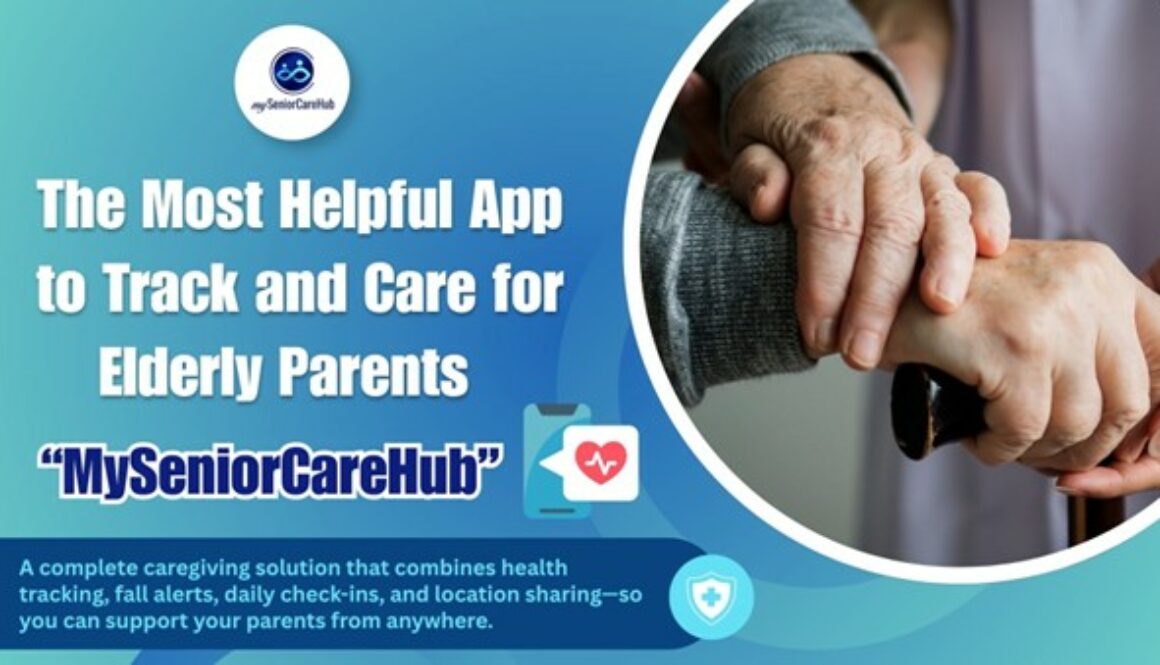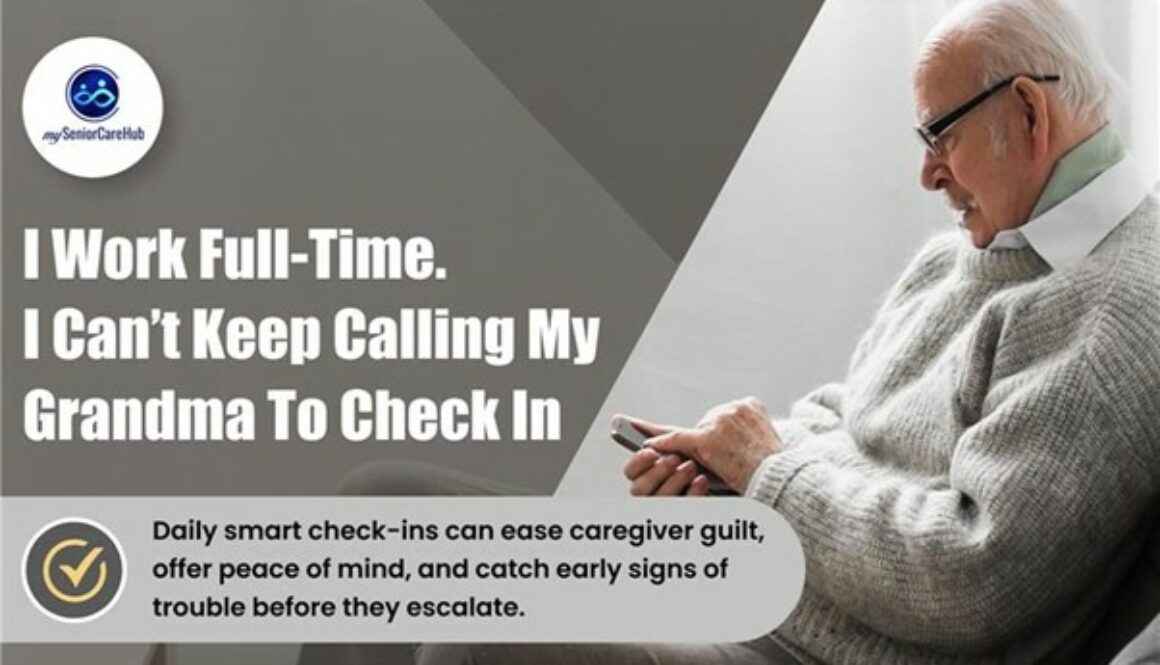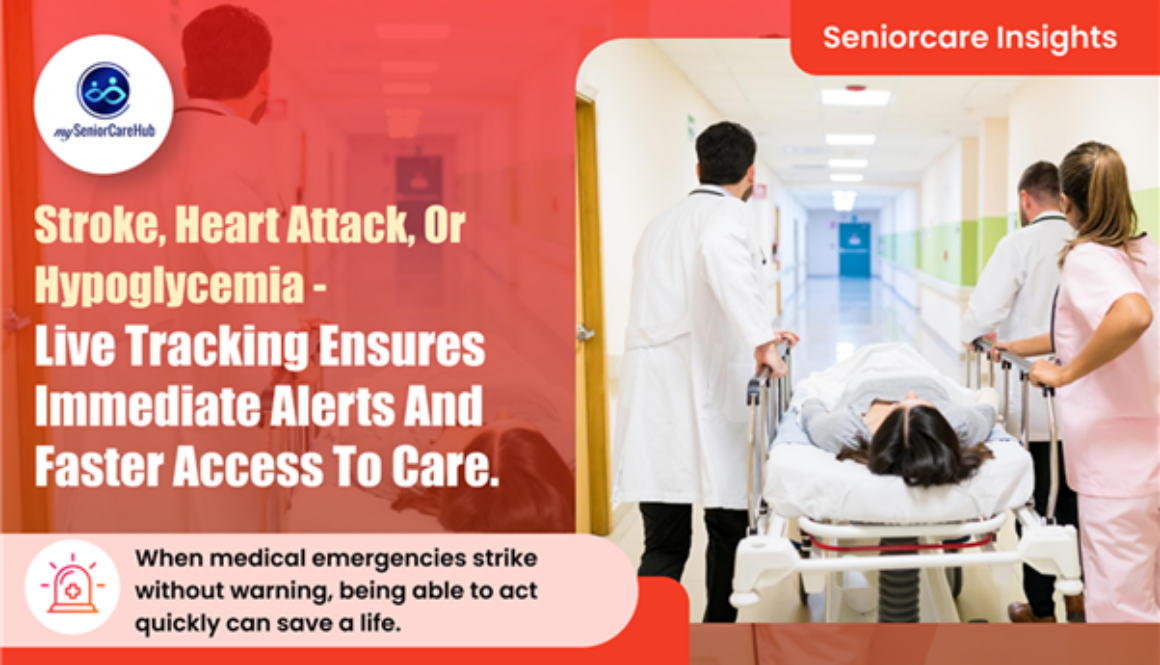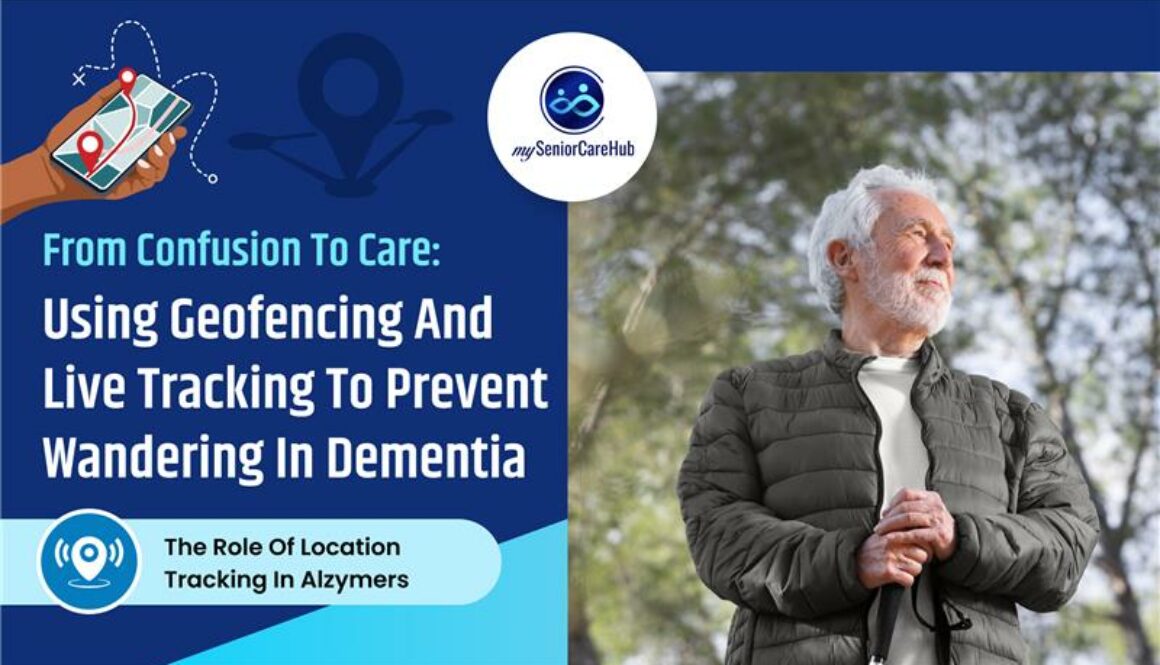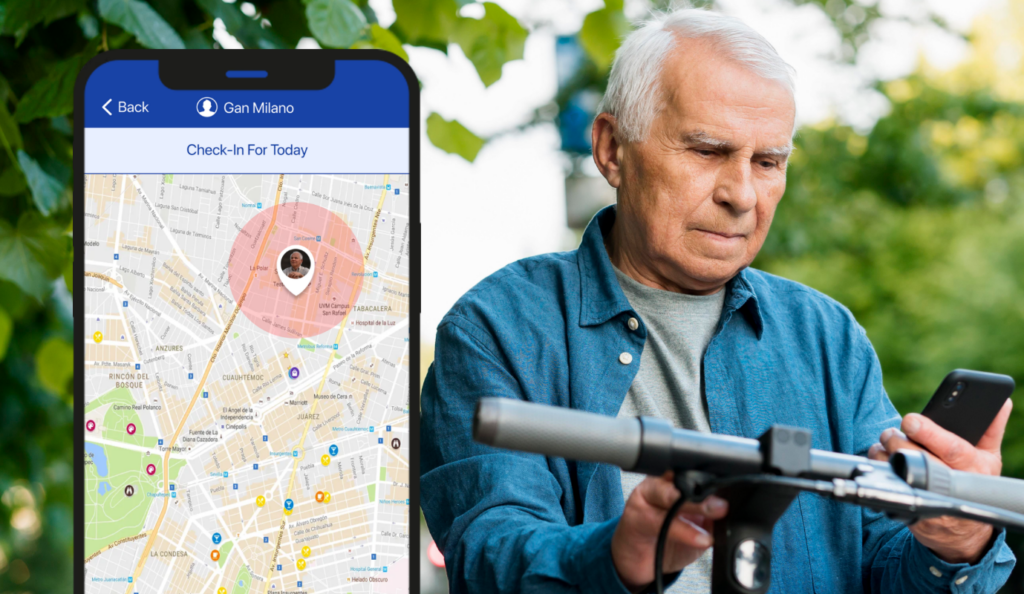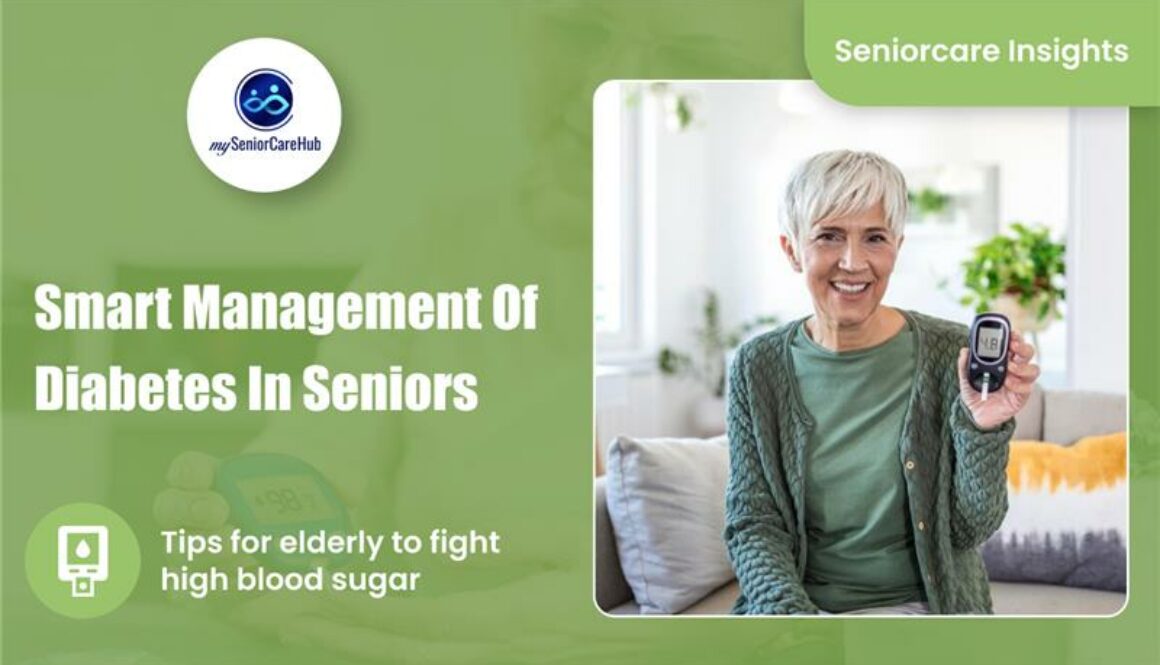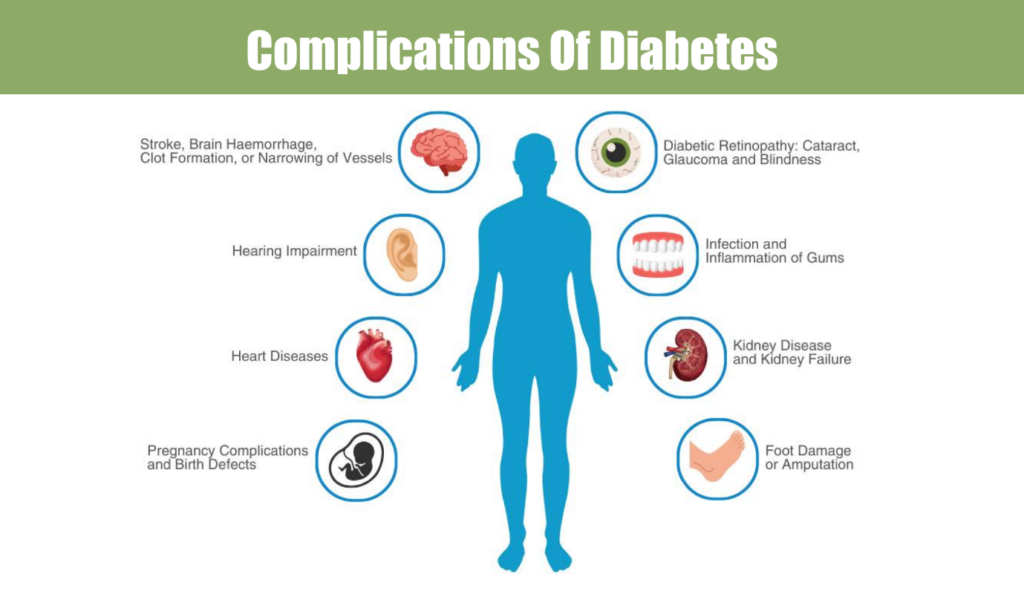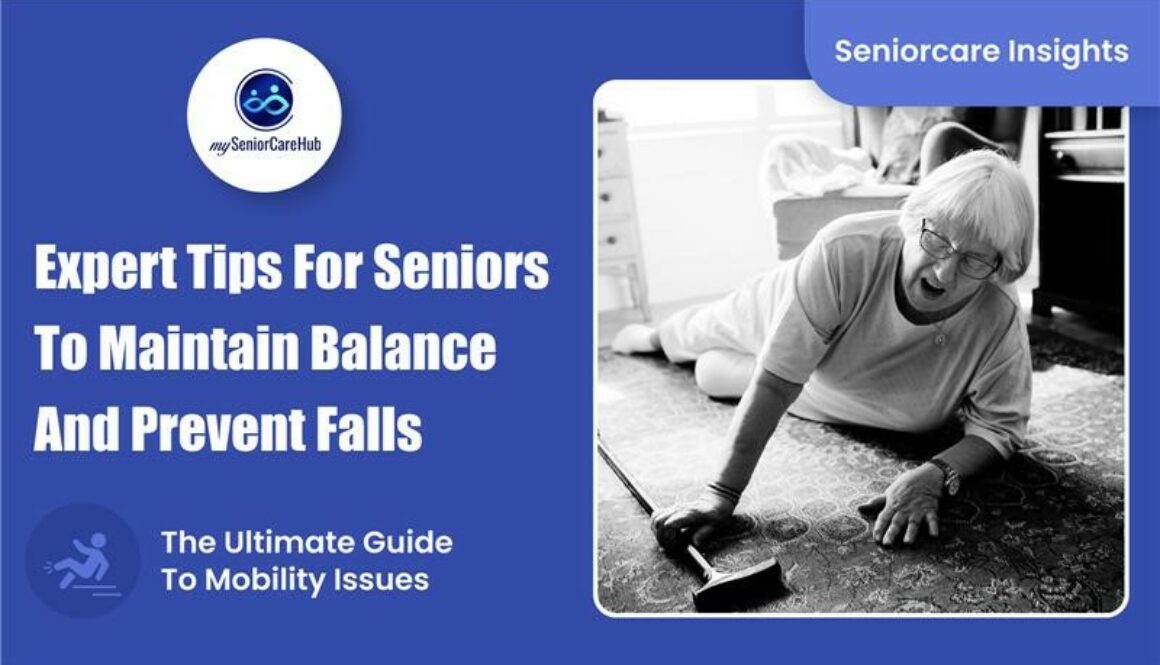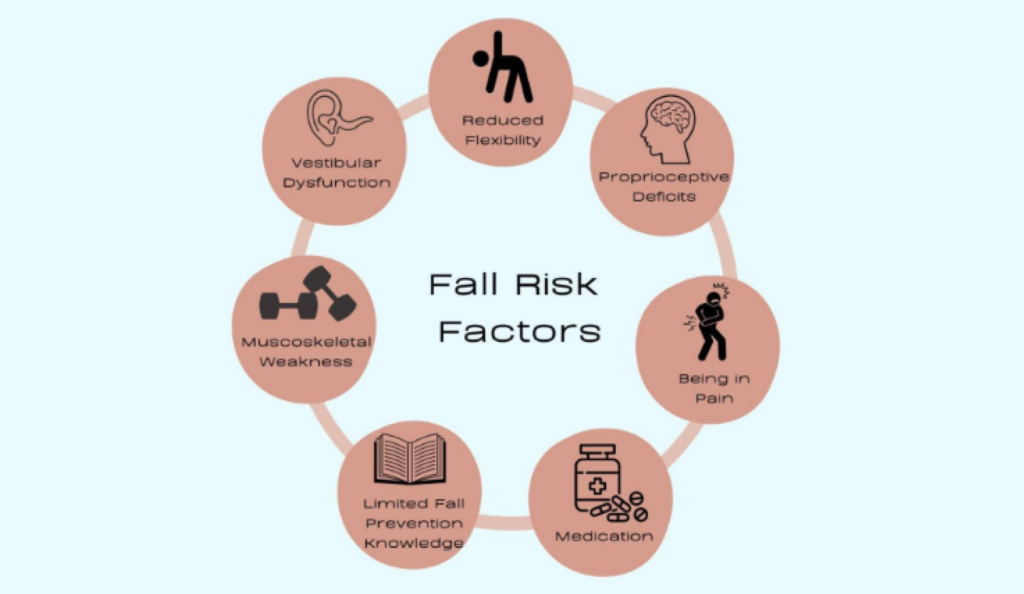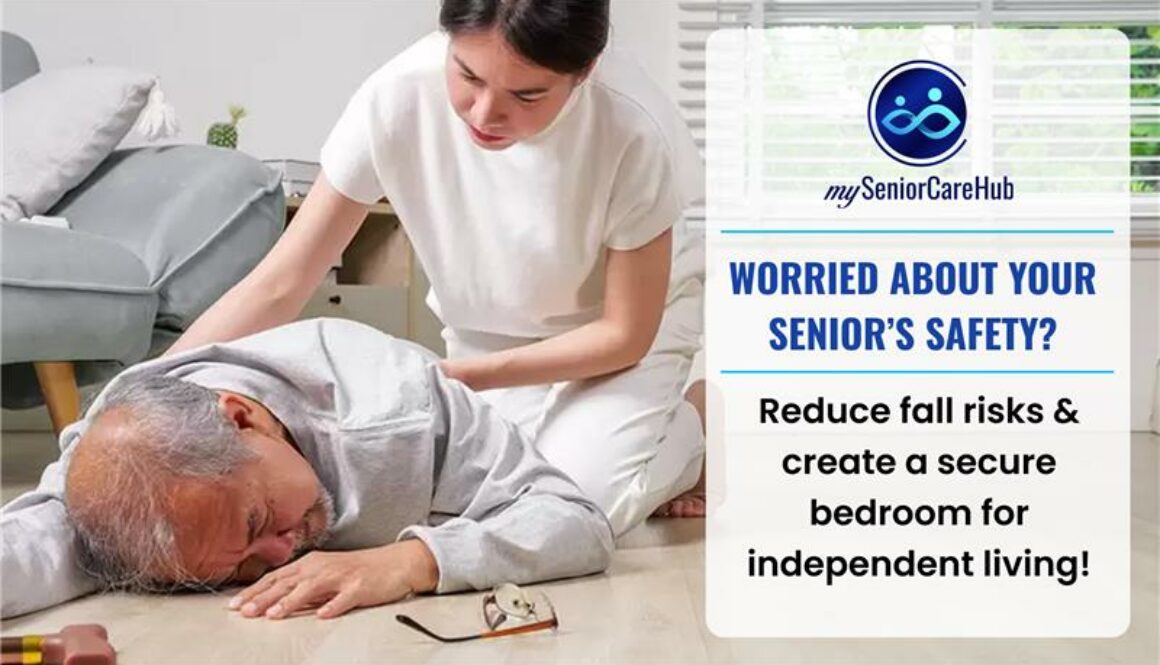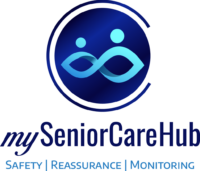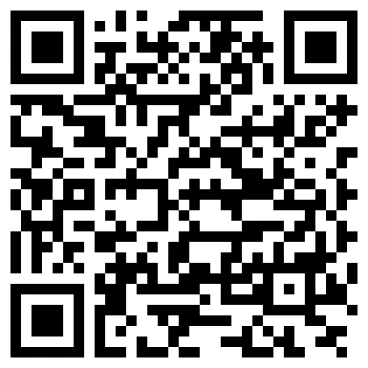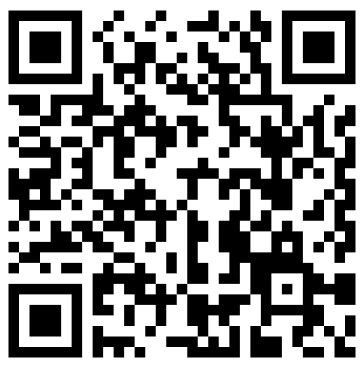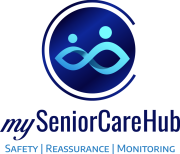GPS Tracking App for Alzheimer’s Patients: Monitor Loved Ones Safely
Caring for someone with Alzheimer’s brings both love and an ever-present sense of worry. Families often ask: How can we protect our loved ones without making them feel trapped?
Modern tracking apps have emerged as gentle solutions, and among them, mySeniorCareHub app stands out by blending smart features with a real understanding of caregiving challenges.
Let’s see how features like geofencing, real-time alerts, location tracking history, and daily check-ins create not just safety, but a sense of shared reassurance.
Why Location Tracking Apps Are Necessary
Wandering is one of the most concerning behaviors associated with Alzheimer’s. According to the Alzheimer’s Association, 6 in 10 people living with dementia will wander at least once. For families, this risk can turn daily routines into daily worries.
A thoughtfully designed GPS tracking solution like mySeniorCareHub app helps in three key ways:
- Reduces worry: Caregivers can check the location anytime without calling repeatedly.
- Supports independence: Loved ones keep some freedom of movement.
- Acts quickly: Alerts ensure a fast response if something unusual happens.
Feature Spotlight: How mySeniorCareHub Keeps Loved Ones Safe
Here’s a closer look at the core features in a clear table:
| Features | What It Does | Why It Helps Families |
| Geofencing | You can set safe zones (e.g., home, park, neighbourhood) | Alerts when loved one leaves these zones |
| Real-Time Alerts | Immediate notification of unexpected movements | Faster response in emergencies |
| Location Tracking | Tracks real-time movement, also shows daily paths, and visited places | Understand habits, spot new risks |
| Daily Check-Ins | Confirms well-being every day by sending notifications to caregivers | Combines safety with personal connection |
Geofencing: Draw Invisible Safety Boundaries

Geofencing feels almost magical: you define an area where your loved one is usually safe, like their neighborhood or a favorite walking path. If they step beyond, mySeniorCareHub app sends an instant alert to their family members and caregivers
Why this matters:
- Offers freedom within a safe space.
- Caregivers don’t need to watch constantly.
- Alerts come only when needed.
This approach protects dignity while reducing the need for constant supervision.
Real-Time Alerts: Stay Informed Instantly
When caring for someone prone to wandering, time can be everything. Real-time alerts mean the app notifies you immediately if:
- Your loved one exits a geofenced area.
- They go out at odd hours (e.g., late at night).
- The app detects unexpected travel patterns.
These alerts appear as push notifications, ensuring you won’t miss them, even if your phone screen is locked.
Location History: Understand Daily Patterns
Beyond emergencies, location history offers powerful insights:
- Track places visited regularly.
- Spot new or risky routes.
- Discuss safe paths together.
Families can review the week’s paths, noticing if their loved one starts to visit unfamiliar or potentially unsafe places.
Voice Check-Ins: More Than Just Tracking
Safety features matter, but nothing replaces human connection. mySeniorCareHub includes:
- Voice calls directly through the app.
- Quick voice notes if your loved one prefers short messages.
Benefits:
- Comforts loved ones when they feel lost or confused.
- Helps caregivers reach out gently, not just monitor silently.
- Strengthens daily communication.
Quick Benefits at a Glance
Here’s a point-wise list of how mySeniorCareHub fits into daily life:
- Easy setup even for non-tech-savvy caregivers.
- User-friendly interface with clear buttons and large text.
- Private and secure location sharing is limited to trusted family.
- Balanced approach: safety + independence.
- Peace of mind: know your loved one is safe without calling them every hour.
How mySeniorCareHub Stands Out
While there are many tracking apps, mySeniorCareHub focuses on families dealing with dementia:
- Built specifically for seniors and caregivers.
- Offers a calm, non-intrusive design.
- Prioritizes respect and dignity alongside safety.
In short, it’s not about constant watching; it’s about smart, respectful support.
Supporting Independence, Building Trust
No technology can replace human care. But a thoughtful tool can help families feel less alone in their daily journey.
With geofencing, real-time alerts, location history, and voice check-ins, mySeniorCareHub helps protect loved ones while keeping them connected and respected.
For caregivers, that means fewer sleepless nights. For seniors, it means living with a little more freedom and a lot more safety.

